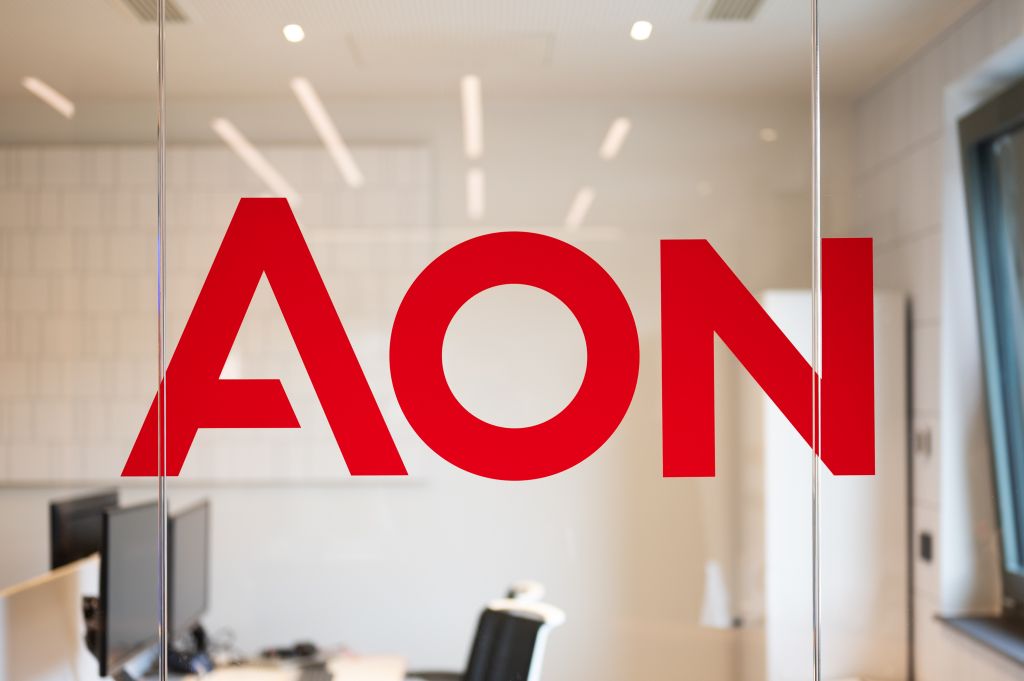MILAN (ITALPRESS) – For 97 percent of Italian companies, ensuring the well-being of their employees is important, and they consider wellbeing one of their global priorities for the next five years. A peaceful work environment with highly engaged colleagues is a company’s strength. Employee well-being is a lever that directly influences increased business performance. These are some of the key themes of the fourth H&B Benefits and Trends Report Italy 2024, prepared by Aon Italy’s Health&Benefits division, which surveys corporate policies and trends in benefits and people management. The study, carried out in collaboration with the University of Pavia by interviewing 5,000 companies including SMEs and multinationals, aims to analyze, understand and improve the world of wellbeing in Italy directly through the testimony of the Italian business fabric.The study shows that in 2024 76 percent of Italian companies have implemented an active wellbeing strategy, underlining the importance of structured policies.The report also analyzes the evolution and importance of flexible benefits, the insurance world and the return on investment related to wellbeing initiatives: areas considered central to improving corporate welfare and providing a basis for meeting future challenges.The study shows that 70 percent of the companies surveyed have an active Flexible Benefits plan and that policies such as the Medical Expense Reimbursement policy, supplementary to what are category agreements, are implemented by 73 percent of companies. “The study,” says Andrea Canonico, Deputy Head of the Health&Benefits division and Chief Development Director Health&Benefits at Aon, “is a data-driven snapshot updated on the level of corporate welfare of companies in our country in 2024. The data collected delves into the HR world’s top priorities in wellbeing: from listening to the needs of corporate populations to building personalized strategies, from optimizing costs to effectively communicating the benefits available to staff. The report also analyzes the correlation between wellbeing initiatives and concrete variables such as absenteeism, turnover and engagement. The analysis is enriched by a focus on the main challenges companies face and will face in the future such as multigenerational coexistence and attention to ESG goals. “In addition to the implementation of wellbeing plans, the study turns the spotlight on how companies understand and respond to staff needs through effective communication, highlighting that 70 percent of companies do not have a budget to communicate wellbeing initiatives.”The transmission of wellbeing initiatives within the company,” explains Claudio Giambelli, Deputy Head of Health&Benefits and Head of Employee Benefits at Aon, “represents a crucial aspect for the success of the strategies adopted, and Aon supports this process with an end-to-end approach, ranging from strategic listening to the communication of wellbeing policies.
– Aon press office photo -(ITALPRESS).

